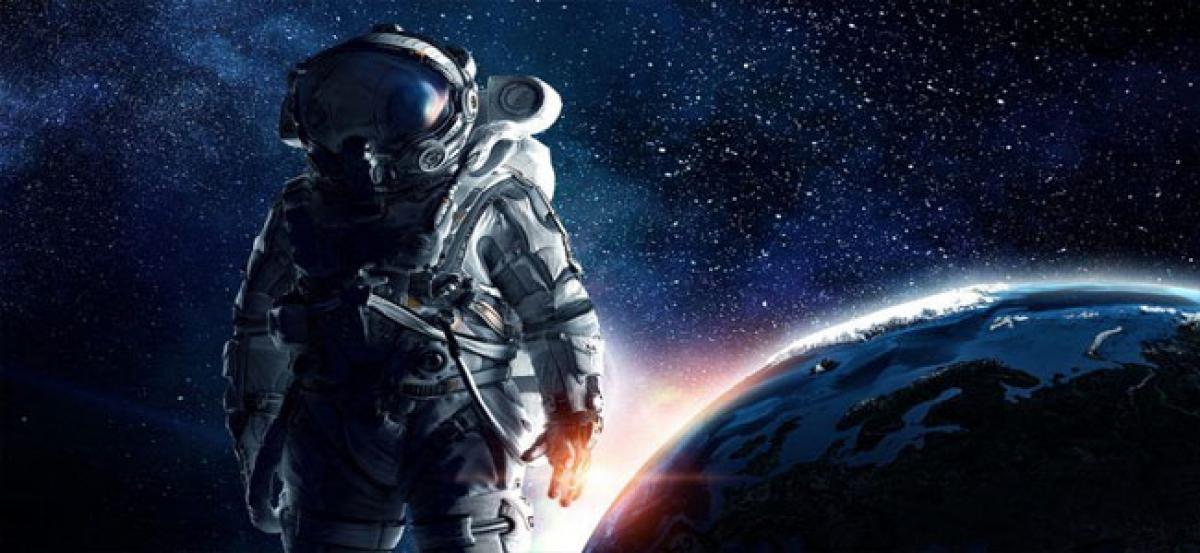Live
- Karnataka: Congress ministers indulge in lobbying ahead of Cabinet reshuffle
- Tur, urad prices have fallen in last 3 months: Govt
- NASA Alert: 130-ft Asteroid 2024 WQ2 Racing Past Earth at Over 62,000 km/h – Should We Be Concerned?
- What is UNSC Resolution 1701 and How it Relates to the Israel-Lebanon Ceasefire
- CM Mohan Majhi reviews preparedness at BJP state office ahead of PM Modi's visit
- Lisandro Martinez available for selection against Bodo/Glimt confirms Amorim
- Shivakumar appeals Union Forest Minister to expedite environmental clearance for Kalasa-Banduri project
- V Jagadishwar Goud Inspects Development in Serilingampalli Constituency
- Hyderabad Water Board Cracks Down on Illegal Nalla Connections, Orders Criminal Cases
- Emergency Medical Aid Granted to Guttala Begumpet Resident Through CMRF-LOC









